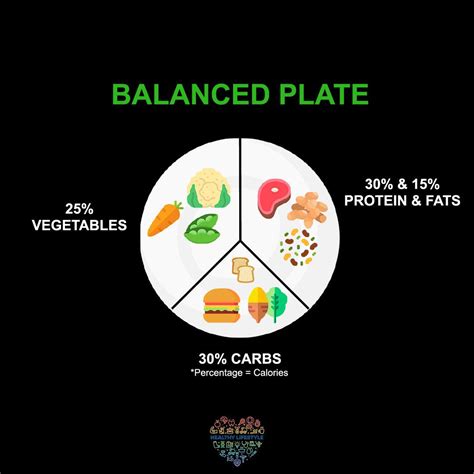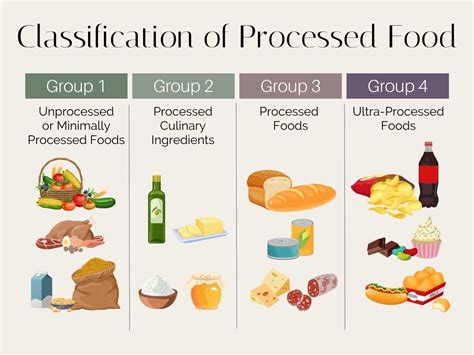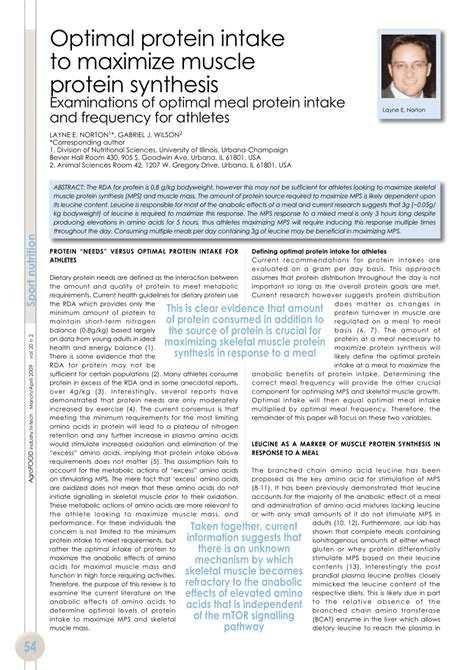What nutritional strategies boost sustained energy & mental clarity for all-day performance?

Fueling Your Day: The Synergy of Nutrition for Energy and Focus
In today’s demanding world, the quest for sustained energy and razor-sharp mental clarity is more crucial than ever. While many turn to quick fixes like excessive caffeine, true all-day performance stems from a foundational understanding and application of strategic nutritional habits. It’s not just about what you eat, but how and when you eat, to optimize your body and mind’s fuel delivery system.
The Foundation: Balanced Macronutrients for Steady Fuel
The core of sustained energy lies in balancing your intake of carbohydrates, proteins, and fats. Each plays a distinct yet interconnected role in providing fuel and supporting cognitive function.
Complex Carbohydrates for Enduring Energy
Unlike simple sugars that offer a brief spike and subsequent crash, complex carbohydrates provide a slow, steady release of glucose into the bloodstream. This ensures a consistent energy supply for both your muscles and, crucially, your brain. Opt for whole grains (oats, brown rice, quinoa), legumes, and starchy vegetables (sweet potatoes, squash).
Lean Proteins for Satiety and Brain Power
Protein is vital for building and repairing tissues, but it also plays a significant role in producing neurotransmitters essential for focus and mood. Furthermore, protein enhances satiety, preventing untimely hunger pangs that can derail your concentration. Incorporate sources like chicken breast, fish, eggs, tofu, lentils, and Greek yogurt.
Healthy Fats for Cognitive Function
Don’t fear fats – healthy fats are essential for brain health, hormone production, and the absorption of fat-soluble vitamins. Omega-3 fatty acids, found in fatty fish, flaxseeds, and walnuts, are particularly renowned for their cognitive benefits, supporting memory and reducing inflammation. Avocados, nuts, seeds, and olive oil are also excellent choices.

Hydration: The Unsung Hero of Performance
Even mild dehydration can significantly impair cognitive function, mood, and energy levels. Water is involved in every bodily process, including nutrient transport and waste removal. Keeping your body adequately hydrated ensures optimal brain function and energy production throughout the day. Aim for at least 8 glasses of water daily, more if you’re active or in a hot climate.
Micronutrients and Antioxidants: Powering Cells and Protecting the Mind
Beyond macronutrients, a spectrum of vitamins, minerals, and antioxidants are critical for sustained energy and mental clarity. B vitamins, for instance, are pivotal for energy metabolism, while magnesium supports nerve function and reduces fatigue. Antioxidants, found abundantly in colorful fruits and vegetables, protect brain cells from oxidative stress, contributing to long-term cognitive health.

Strategic Meal Timing and Frequency
How often you eat can be as important as what you eat. Instead of three large meals that can lead to energy slumps, consider consuming smaller, more frequent meals and snacks throughout the day. This approach helps stabilize blood sugar levels, preventing the peaks and valleys that can compromise both energy and mental acuity. Don’t skip breakfast; it kick-starts your metabolism and provides immediate fuel for your brain.
Gut Health: The Second Brain Connection
Emerging research highlights the profound connection between gut health and brain function, often referred to as the ‘gut-brain axis.’ A healthy gut microbiome can influence mood, energy, and cognitive processes. Incorporate probiotic-rich foods (yogurt, kefir, sauerkraut) and prebiotic fibers (onions, garlic, oats) to nurture a balanced gut flora.

What to Avoid: Energy Zappers and Mental Fog Inducers
Just as certain foods boost performance, others can actively detract from it. Refined sugars and processed foods lead to rapid blood sugar spikes followed by crashes, leaving you feeling sluggish and unfocused. Excessive consumption of caffeine can disrupt sleep patterns and lead to a dependency cycle, while artificial sweeteners may negatively impact gut health and cognitive function. Limiting these can dramatically improve your baseline energy and clarity.

Practical Strategies for Implementation
Integrating these nutritional strategies into your daily life doesn’t have to be overwhelming. Start with small, consistent changes: planning meals, packing healthy snacks, prioritizing water intake, and mindful eating. Listening to your body’s signals for hunger and fullness, and understanding how different foods affect your energy and mood, are key to optimizing your personal performance.
![Amazon.com: Ginzeca Meal Prep Containers Reusable [50 Pack] 3 ...](/images/aHR0cHM6Ly90czQubW0uYmluZy5uZXQvdGg/aWQ9T0lQLmt3a3M2OXNOQnhJdFEtVzd0TU93eWdIYUhVJnBpZD0xNS4x.webp)
Conclusion
Sustained energy and mental clarity for all-day performance are not elusive goals; they are achievable through a deliberate and informed nutritional approach. By focusing on balanced macronutrients, consistent hydration, nutrient-dense whole foods, strategic meal timing, and a healthy gut, you can create a powerful internal environment that supports peak physical and cognitive function, allowing you to thrive throughout your day.







